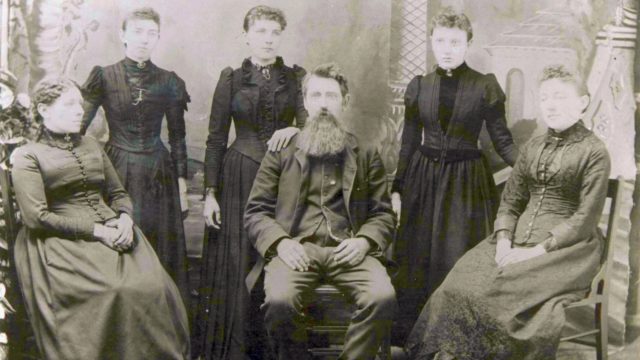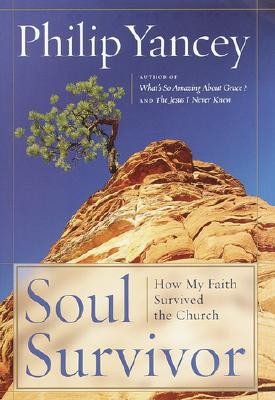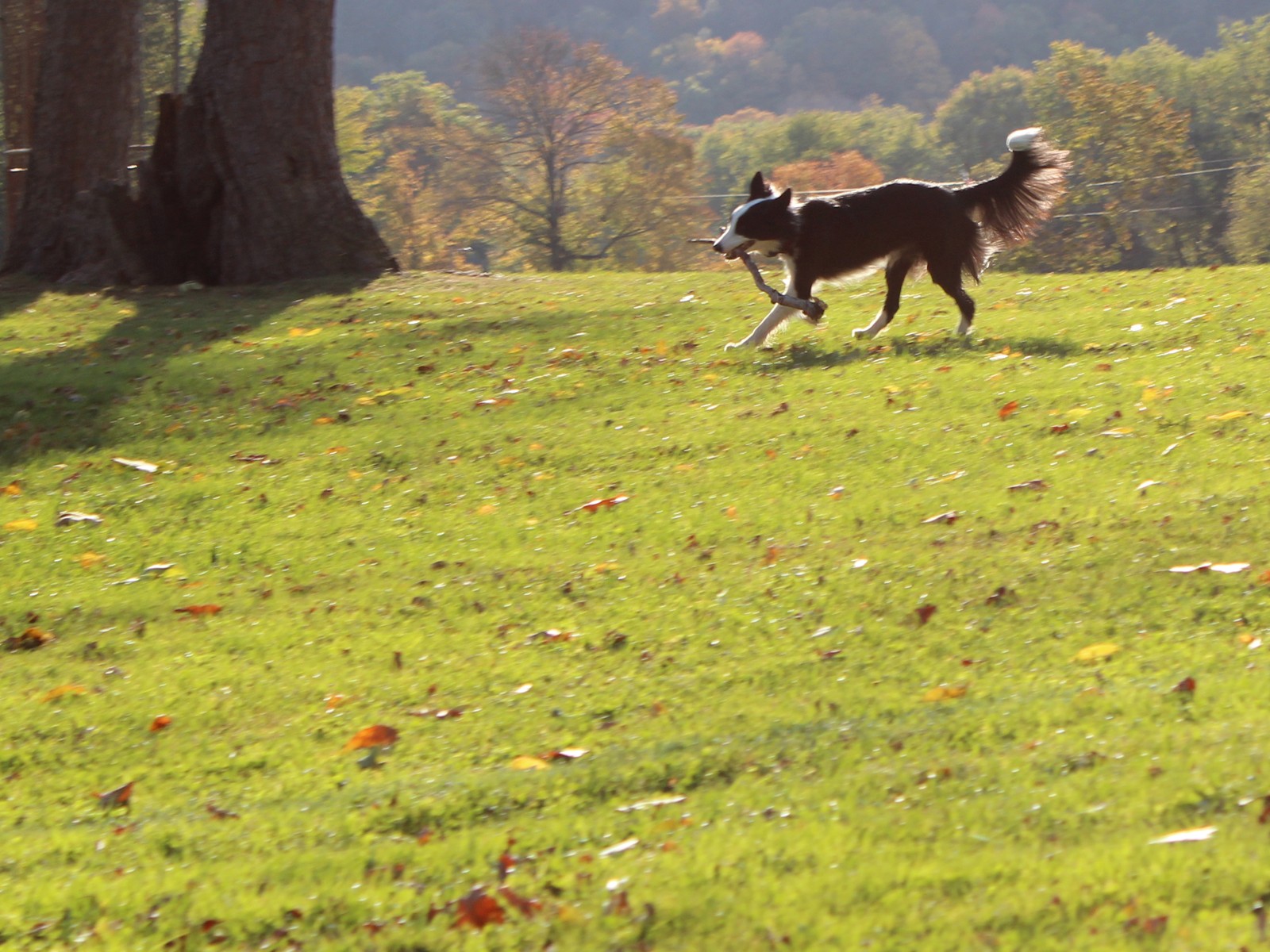Sacred Journey II
 I’ve finished Buechner’s Sacred Journey
I’ve finished Buechner’s Sacred Journey. Very thought-provoking.
I love his notion of “incarnational” divine speech. Words have their limitations. I agree that we are hasty to interpret God’s meaning — or “what he’s saying” — in the things that happen in the world, or in our lives. And even though I feel hesitant in about limiting God’s speech to “the meaning it has for the one spoken to,” I don’t think that’s what Buechner is saying. I think he’s saying that even if we only “know in part,” we’re still getting glimpses of truth.
I also LOVE the way the book is organized into “Once Below a Time,” “Once Upon a Time,” and “Beyond Time.” It’s so true that as children (“below a time”), we live in the moment and don’t think about what’s coming next, or what came before. Once time begins for us, we can’t go back to that more existential way of experiencing life — though I’ve wanted to at times! Buechner’s remarks about how the art of naming things changes their reality for us is profound, too. “What I see when I look at a tree is less what it actually is than simply the name I name it by,” he writes. “When I was a child, what I saw when I looked at a tree was something as naked in its mystery as I was naked in mine.”
I felt bugged more than once, though, by the glitter of Buechner’s writing style. Maybe “florid” is the word? Sometimes I wished he’d stay more grounded, rather than developing so many clauses in a sentence, over and over, adding ideas, expanding, till you get to the end, the conclusion, the finale, and then — what was he saying again? :-) He does it much more grandly than I just did. Here’s an example:
- We are always free as in a way the characters in novels are also free — free to run away with the story, as the saying goes, free to be what they want to be no matter how hard the author may try to make them be something else — but in the midst of our freedom, we hear whispers from beyond time, I think, sense something hiddenly at work in all our working whose plot it is either for our sakes to make us truly and everlastingly human before it is done or, failing that and perhaps no less for our sakes, to let death be the merciful coup de grace to our less-than-humanness.
Yes, that’s all one sentence. Why didn’t his editor step in, as my doctoral director often did after some of my most spectacular (I thought) sentences, and say, “What does this mean?” It was always a little deflating to see that comment in the margin, but boy oh boy, it made for better (re)writing. I found Buechner’s prose distracting, and perhaps overly clever (?), at times. But the ideas are really satisfying; you can sink your teeth into them and say, “Yes, he’s putting his finger squarely on something I’ve only ever seen out of the corner of my eye before.” And he does leave the central event of his story unadorned. It hit me with all the force of its blunt trauma. Devastating.
At the end, where he sees in the events of his life foreshadowings of redemption, I’m not quite sure what I think. When he comes to Christ (or as he says with irritating indecision, when “I had found whatever it was that I had found”), he realizes, “What I had found was what I had already half seen, or less than half, in many places over my 27 years without ever clearly knowing what it was I was seeing or even that I was seeing anything of great importance.” His point is similar to C.S. Lewis’s in Surprised by Joy, I suppose; when we finally come to God, he’s made himself comprehensible to us through our experiences and longings. I guess what I wonder about is, why did it take God centuries — all the prophets of the Old Testament, and all the lived history of Israel — to give his people categories for comprehending redemption, if he can do it in just 27 years of Buechner’s life? I’m not disagreeing, exactly. I’m just wondering if God’s interaction with us gets reduced, and altered, when we personalize it quite that much.


